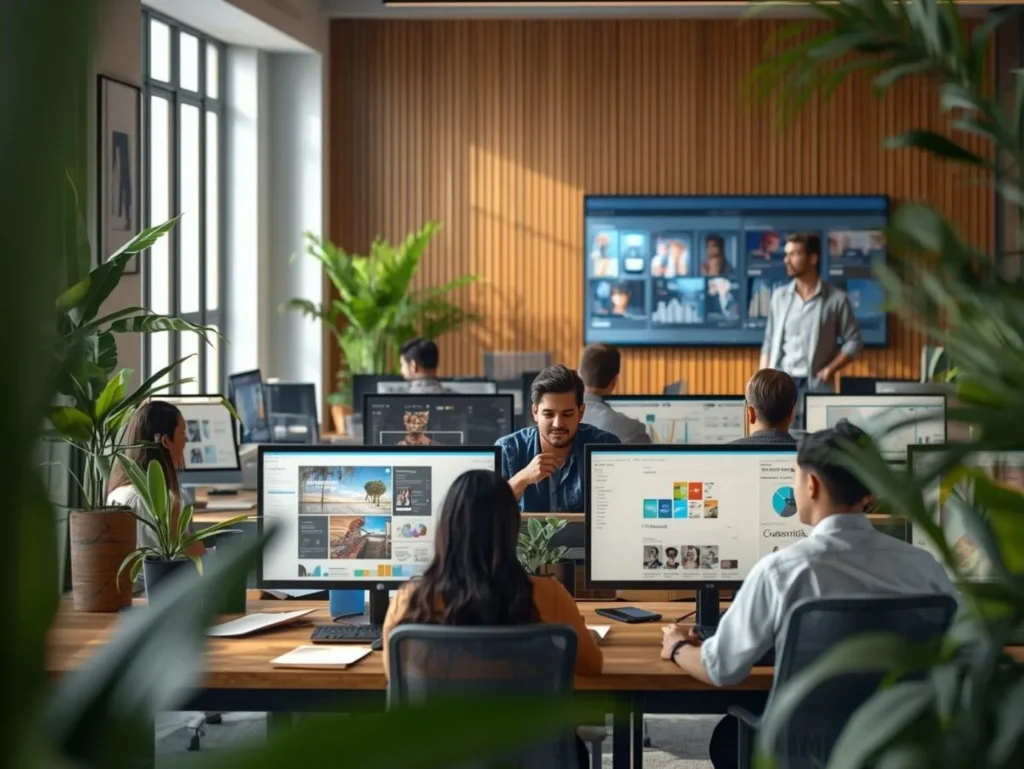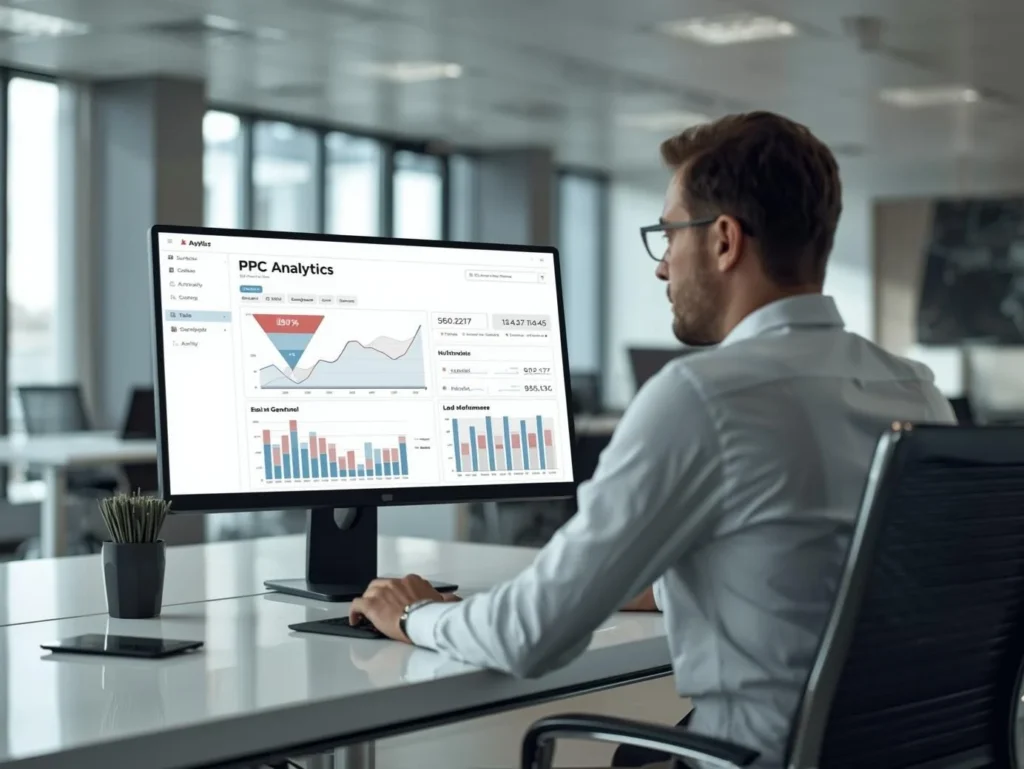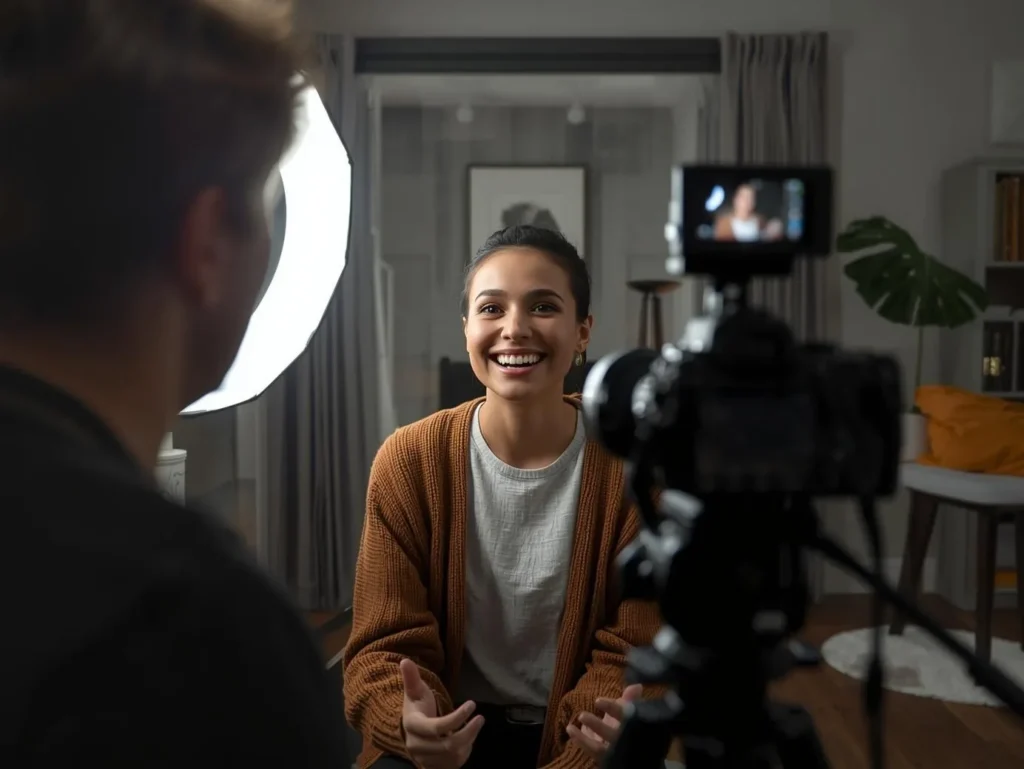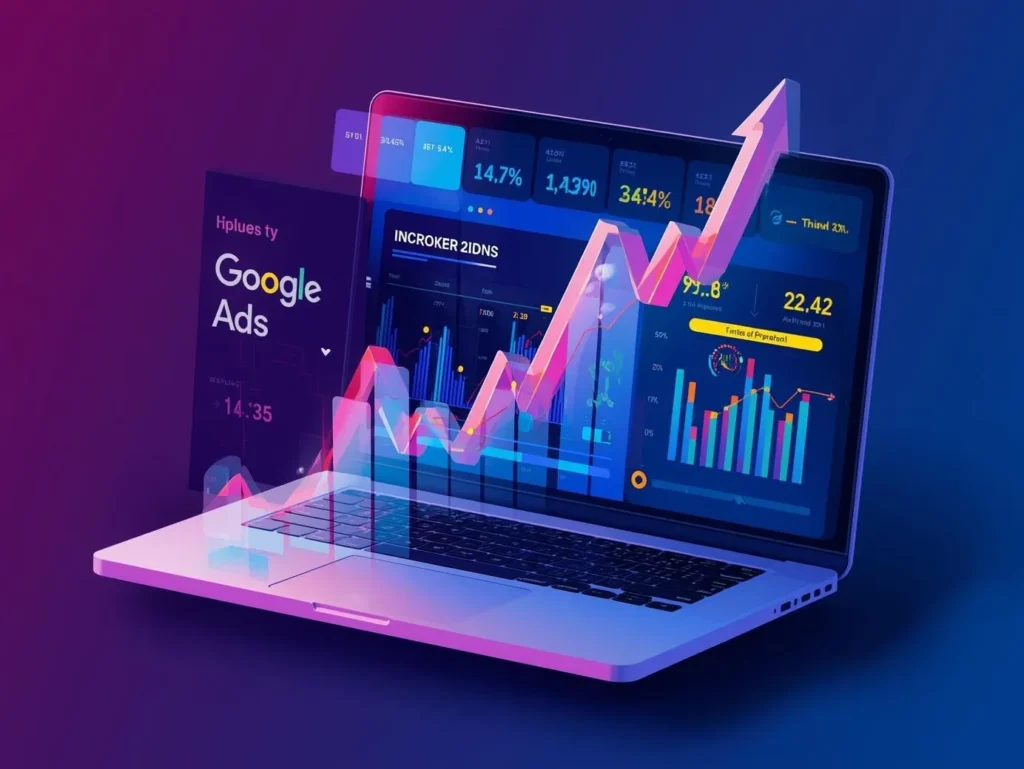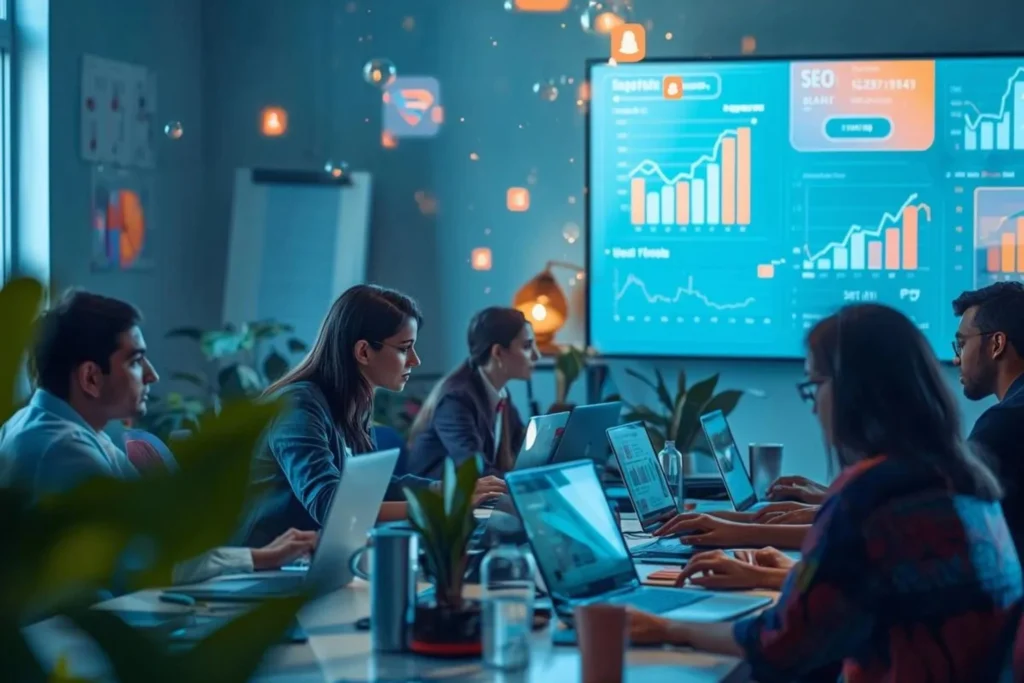Local SEO Services Explained: A Complete Guide for Business Owners
Local SEO Services Explained: A Complete Guide for Business Owners Nowadays in a digital-first society, customers look for locally rather than randomly. Whether searching for a restaurant, dental clinic, salon, or marketing firm, the initial thought is to type “near me” into Google. This is where local SEO services become important to business growth.If you’re a local company owner looking for increased calls, foot traffic, and qualified leads, this article will explain how local SEO works, why it’s important, and how to select the best local SEO services for your needs. What Are Local SEO Services? Local SEO services are digital marketing strategies designed to help your business appear in local search results on Google and other search engines. These services focus on improving visibility when users search for products or services in a specific geographic area. For example: “Digital marketing agency in Lucknow” “Dentist near me” “Best café in Gomti Nagar”Local SEO ensures your business shows up in: Google Map Pack (Top 3 local results) Local organic search results Voice search results “Near me” searches Why Local SEO Services Are Important for Business Owners Ignoring local SEO means losing ready-to-buy customers. Here’s why local SEO services are crucial:1. High-Intent Traffic- Local searches often lead to immediate action. Users searching locally are more likely to call, visit, or purchase.2. Better Google Maps Visibility- Optimized local SEO helps your business rank in Google Maps, which significantly increases trust and click-through rates.3. Mobile Search Dominance- Most local searches happen on mobile devices. Local SEO ensures your business appears when mobile users search on the go.4. Competitive Advantage- Even small businesses can outrank big brands locally with the best local SEO services and proper optimization. Core Components of Local SEO Services 1. Google Business Profile Optimization This is the foundation of local SEO. Optimization includes: Accurate business name, address, and phone number (NAP) Category selection Business description with keywords Regular posts and updates Reviews management 2. Local Keyword Research Targeting keywords such as local SEO services near me or city-based service terms helps capture relevant local searches. 3. On-Page Local SEO This includes: Location-based content Local schema markup Optimized title tags and meta descriptions Service pages for each location 4. Local Citations & Listings Your business information is listed consistently across platforms like Google, Bing, Yelp, Justdial, and industry-specific directories. 5. Online Reviews & Reputation Management Positive reviews directly influence rankings and customer trust. 6. Local Link Building Earning backlinks from local websites, blogs, and directories strengthens local authority. Best Local SEO Services: What Should You Look For? Choosing the best local SEO services is critical for long-term results. Here’s what business owners should evaluate: Proven local ranking case studies Transparent reporting and analytics Customized local SEO strategy Ethical (white-hat) SEO practices Experience in your industry Local SEO Services Near Me: How Customers Actually Find You When users search for local SEO services near me, Google uses three primary ranking factors:1. Relevance – How well your business matches the search2. Distance – How close you are to the searcher3. Prominence – Your online authority and reputation What Are White Label Local SEO Services? White label local SEO services are designed for agencies, consultants, or marketing firms that want to offer local SEO under their own brand—without doing the execution themselves. Benefits of White Label Local SEO Services: Scale your agency quickly No need for in-house SEO experts Maintain brand ownership Deliver professional results to clients Common Mistakes Business Owners Make with Local SEO Even with good intentions, many businesses fail at local SEO due to these mistakes: Inconsistent NAP details across platforms Ignoring Google reviews No local content strategy Keyword stuffing instead of natural optimization Not investing in professional local SEO services How Long Do Local SEO Services Take to Show Results? Local SEO is not instant, but it is highly rewarding.Typical timeline: 1–2 months: Profile optimization & foundation 3–4 months: Improved map visibility 5–6 months: Strong local rankings & steady leads Who Needs Local SEO Services the Most? Local SEO is essential for: Clinics & hospitals Restaurants & cafés Salons & spas Real estate businesses Educational institutes Local service providers Marketing agencies offering white label local SEO services Conclusion Growing your business locally requires the right strategy and expertise. Apple & Oranges Digital Marketing Agency specializes in local SEO services that help businesses improve online visibility, rank higher in local searches, and attract customers nearby. With proven strategies and a results-focused approach, our team ensures your business connects with the right audience at the right time. Boost Your Business Online Today ! Ready to grow your business and get noticed locally? Apple & Oranges Digital Marketing Agency is here to guide you at every step. Contact Us – Speak directly with our team to discuss your goals. About Us – Learn more about our results-driven approach to growing local businesses. Visit Our Website – Explore our services and start your journey toward better visibility today Our Agency Locations Apple & Oranges Digital Marketing Agency, 3/382, Vishwas Khand, Gomti Nagar, Lucknow, 226010Call – 07311187071 | Get Directions Apple & Oranges Digital Marketing Agency, Tower T3, A, NX One. Techzone – 4, 1617, Greater Noida West, Bhangel, Noida, Ghaziabad, (UP) 201318Call – 07311187071 | Get Directions Some Frequently Asked Questions Q1. What are local SEO services? Local SEO services help businesses rank higher in local search results, Google Maps, and “near me” searches to attract nearby customers. Q2. Are local SEO services worth it for small businesses? Yes. Local SEO services are one of the most cost-effective ways for small businesses to get high-intent leads and local visibility. Q3. How do I choose the best local SEO services? Look for experience, transparent reporting, ethical SEO practices, and proven local ranking results. Q4. What does “local SEO services near me” mean? It refers to location-based searches where users look for services close to their current area. Q5. What are white label local SEO services? White label local SEO services allow agencies to resell SEO
Local SEO Services Explained: A Complete Guide for Business Owners Read More »



